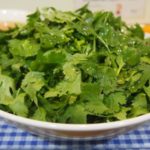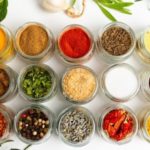1 Peeling Vegetables to Avoid Dirt
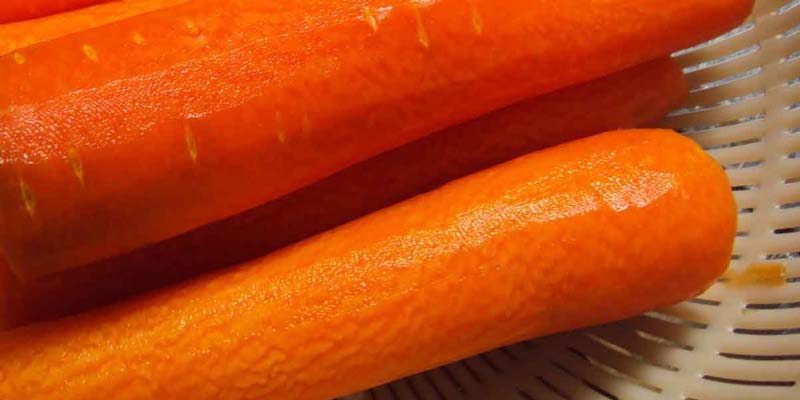
It is a common misconception that vegetables like pumpkin, carrots, and purple yam need to be thoroughly peeled to remove dirt and impurities. In reality, the outermost layers of these vegetables are rich in Vitamin C and other essential nutrients. Instead of peeling, simply wash the vegetables thoroughly and soak them in a mild salt water solution to remove any dirt or impurities. This way, you can retain the maximum nutritional value of your produce.
2 Soaking Mushrooms in Warm Water
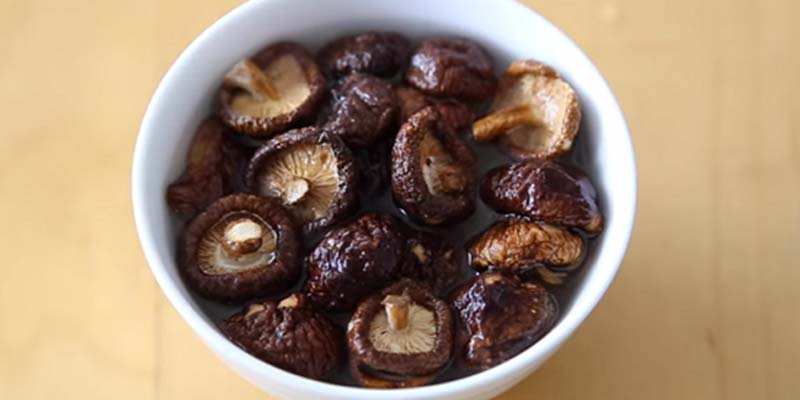
Mushrooms, particularly shiitake mushrooms, are a great source of Ergosterol, a compound that converts into Vitamin D2 when exposed to sunlight. This vitamin is essential for preventing and treating rickets. However, soaking mushrooms in warm water for an extended period can deplete their nutritional value, including the valuable Vitamin D2.
3 Blanching Vegetables
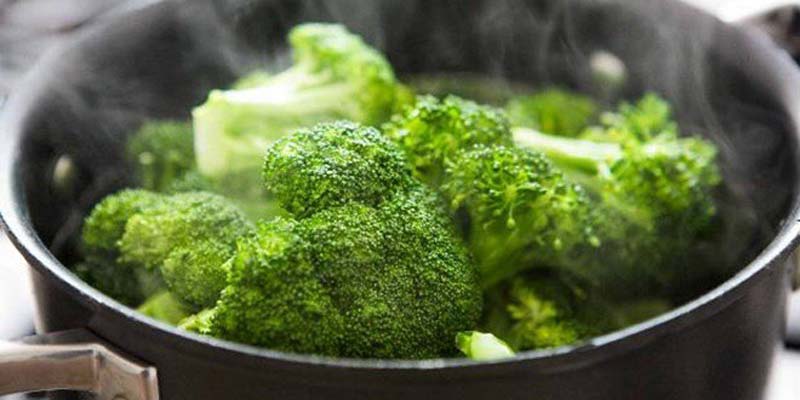
Blanching vegetables by dipping them in boiling water and then quickly immersing them in ice water is a common practice to enhance their color and texture. However, this method significantly reduces the vitamin and nutrient content of the vegetables. It is best to avoid blanching and instead opt for alternative cooking methods that preserve the nutritional value of your produce.
4 Stir-Frying Bitter Gourd Without Pre-Cooking
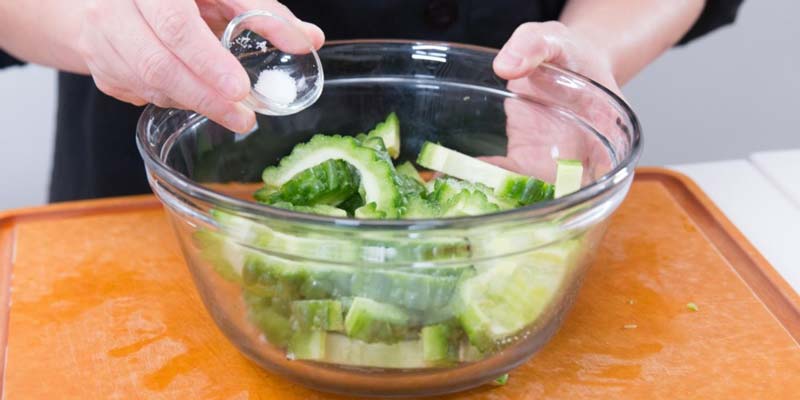
Bitter gourd, also known as bitter melon, contains a compound called Oxalic Acid, which can interfere with calcium absorption from other foods. This compound is water-soluble and can be reduced by cooking at high temperatures. Therefore, it is recommended to parboil bitter gourd before stir-frying it to ensure optimal nutrient absorption.
5 Not Eating Meals Immediately After Cooking
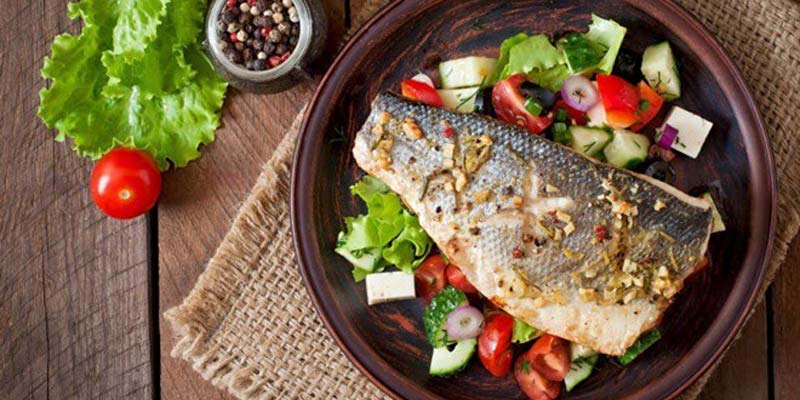
According to research, cooked food loses about 25% of its nutritional value within 30 minutes of cooking, and this number increases to 75% after an hour. Additionally, leaving cooked food out for an extended period provides an opportunity for bacteria to contaminate and spoil the meal. It is best to consume meals immediately after cooking to ensure maximum nutritional benefit and food safety.
The five mistakes outlined above are common pitfalls in the kitchen. Are you guilty of any of these? It’s time to make some changes to protect your health and the well-being of your loved ones. Don’t forget to share these valuable insights with your friends and family!
Source: afamily.vn
























